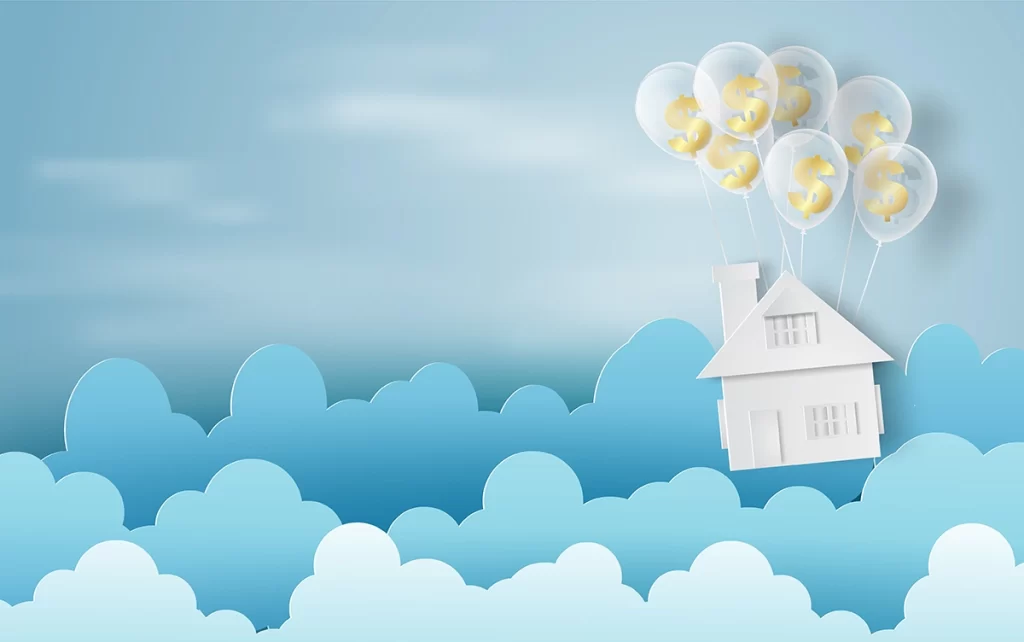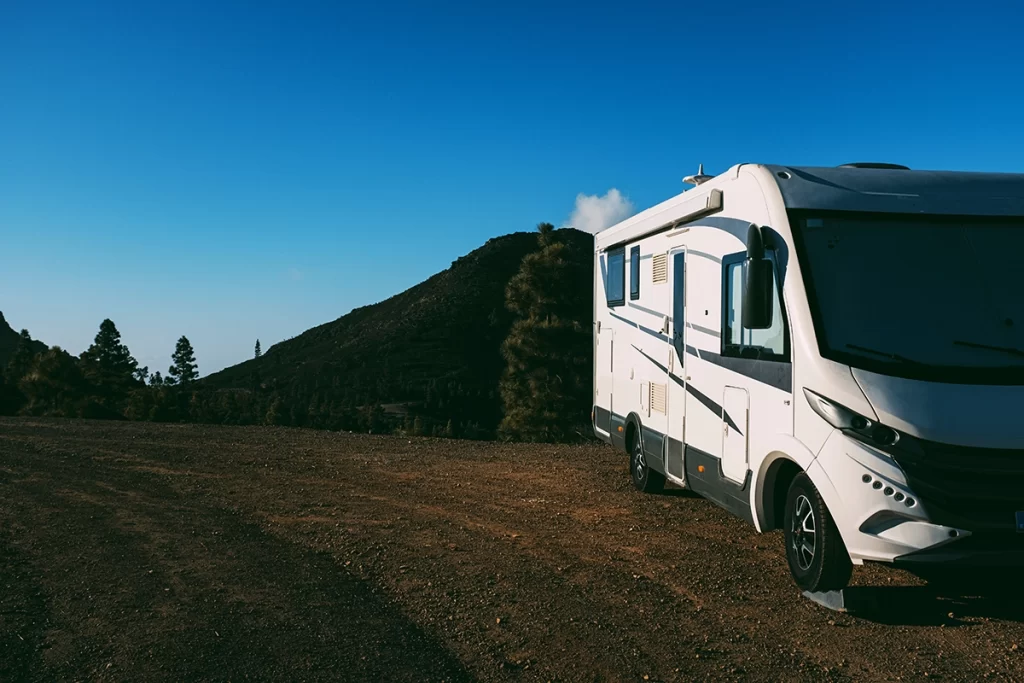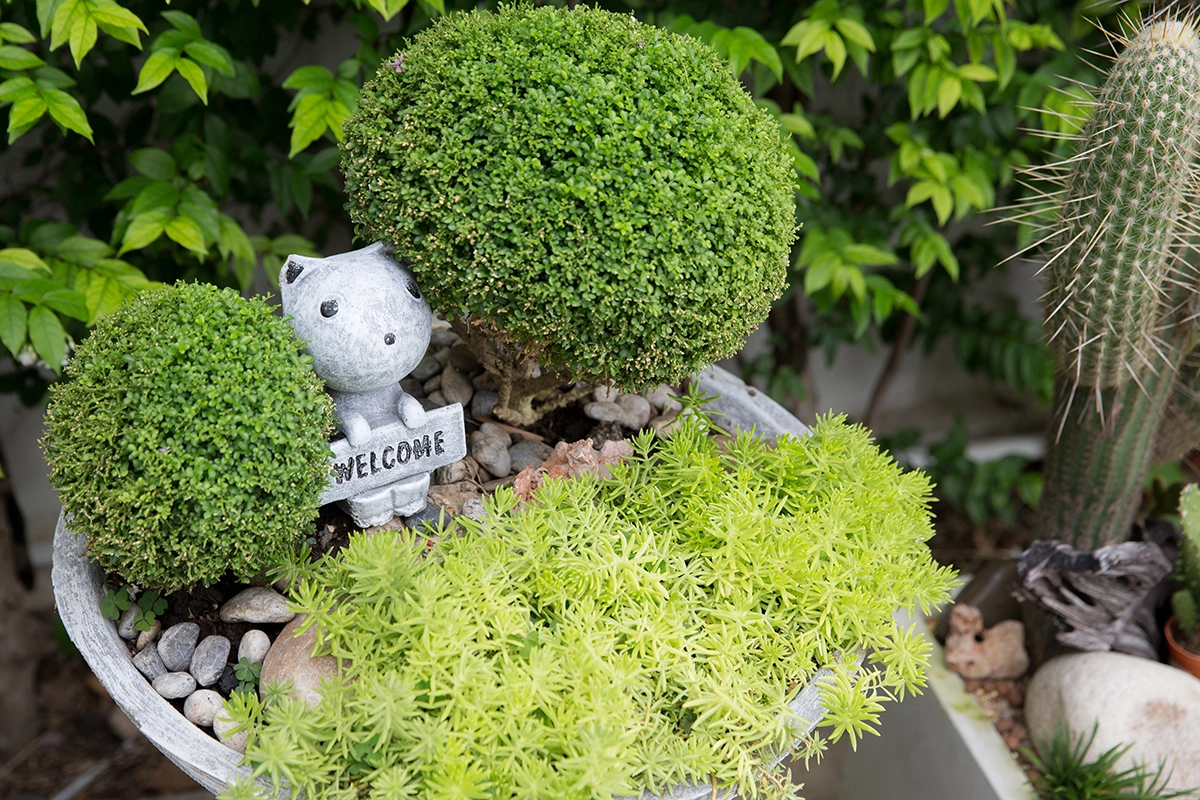Tiny house living has many pros and cons. Some of the more mainstream conveniences of tiny house living include lower expenses (both in terms of building and maintaining the home), less time spent cleaning and organizing, a smaller environmental footprint, and the ability to live a more minimalist lifestyle. Additionally, many tiny homes are designed to be mobile, allowing for greater flexibility and the ability to travel.
Some obvious cons to tiny house living might include limited space and storage, difficulty accommodating guests, zoning, and building code restrictions, as well as potential difficulties with financing and insurance. It’s important to carefully consider these factors before making the decision to live in a tiny house.
Tiny house living is not for everyone, and you should be mentally prepared for this transition to a new lifestyle.
Tiny Home Living Pros and Cons | Lifestyle Choice
Tiny house living is a lifestyle choice that involves living in a small space that is typically less than 400 square feet. Some people choose to live in tiny houses for environmental, financial, or personal reasons, while others may face challenges or limitations due to zoning laws, building codes, or social norms.
Here are some of the hidden or less obvious pros and cons of tiny house living:
Pro: You can live more conveniently with less is more ideology. Living in a tiny house means managing your limited storage space and living more efficiently. You can use multi-purpose furniture, creative storage solutions, and smart design features to make the most of your space. You can also declutter your belongings and keep only what you need and love. This can help you save time, money, and energy on cleaning and maintenance.
Con: You may have to give up some luxuries. Living in a tiny house means downsizing your lifestyle and adjusting to a smaller space. You may have to sacrifice some comforts or amenities that you are used to, such as a full-size kitchen, a spacious bathroom, a walk-in closet, or a separate bedroom. You may also have to deal with less privacy, noise, or ventilation.

Pro: You can save money on building and living costs. Building a tiny house is cheaper than building a traditional house. The average cost of a tiny house is around $23,000 if you build it yourself, compared to $272,000 for a standard house. You can also save money on utilities, taxes, insurance, and mortgage payments by living in a tiny house.
Con: You may face legal or social challenges. Tiny houses are not widely accepted or regulated by many local authorities. You may have difficulty finding a legal place to park or build your tiny house, depending on the zoning laws and building codes in your area. You may also face discrimination or stigma from your neighbors, friends, or family who may not understand or support your lifestyle choice.

RVs are Tiny Homes as Well!
Pro: You can be more mobile and flexible. Many tiny houses are built on wheels or trailers that allow you to move them from one place to another. This can give you more freedom and flexibility to travel, explore new places, or relocate for work or personal reasons. You can also choose where and how you want to live, whether it is in an urban or rural setting, in a tiny house community, or on your own land.
Con: You may have less stability and security. Living in a mobile tiny house means that you are more vulnerable to natural disasters, theft, vandalism, or accidents. You may also have less access to essential services such as water, electricity, sewage, or internet. You may have to deal with more uncertainty and unpredictability in your living situation.
Tiny house living is not for everyone, and you should be mentally prepared for this transition to a new lifestyle. We have prepared a list of some possible obstacles to transitioning into a tiny house as well as reasons why a tiny house could be an asset to others.
A Tiny House Lifestyle May Not Be for Everyone
Tiny house living may not work out for some people for various reasons. Some of the possible reasons are:
- They have a large family or pets that require more space and comfort.
- They have a lot of belongings or hobbies that they are not willing to part with or store elsewhere.
- They value privacy and personal space and do not like sharing small areas with others.
- They enjoy hosting guests or entertaining and need more room for socializing.
- They prefer a more conventional or luxurious lifestyle and do not like the challenges or limitations of living in a tiny house.
- They have health or mobility issues that make living in a tiny house impractical or unsafe.
- They face legal or social barriers that prevent them from finding or building a tiny house in their desired location.
These are some of the possible reasons why tiny house living may not work out for some people. However, this does not mean that tiny house living is impossible or undesirable for everyone. Some people may find tiny house living to be a rewarding and fulfilling choice that suits their needs and preferences.

More time with friends and family in the great outdoors!
Tiny House Living can be Rewarding
Tiny house living may be a rewarding and fulfilling choice for some people for various reasons. Some of the possible reasons are:
- They want to save money and reduce their financial stress by living within their means and avoiding debt.
- They want to live more sustainably and reduce their environmental impact by using fewer resources and producing less waste.
- They want to live more simply and intentionally by focusing on what matters most to them and eliminating distractions and clutter.
- They want to live more creatively and flexibly by designing and customizing their own space and lifestyle according to their preferences and needs.
- They want to live more adventurously and freely by being able to travel, explore, or relocate with ease and convenience.
- They want to live more communally and socially by being part of a tiny house community or network that shares similar values and interests.
- They want to enjoy the outdoors and tiny home living offers that as well, by utilizing yard space for cooking, playing games, and socializing as well as other activities. This lifestyle works quite well for those who prefer the outdoors as opposed to indoor activities.
These are some of the possible reasons why tiny house living may be a rewarding and fulfilling choice for some people. However, this does not mean that tiny house living is easy or perfect for everyone. Some people may find tiny house living to be a challenging and frustrating choice that does not suit their needs and preferences. Ultimately, it depends on the individual’s situation, goals, and values.

Fun Tiny Lake Cottage with Friends and Family
In Conclusion, Tiny House Living Pros and Cons
In Conclusion, the pros and cons of tiny house living are as varied as the people who inhabit houses of all shapes and sizes. We hope this summary of the psychology behind a tiny home lifestyle will help you decide why it may or may not work for you.
However, this does not mean that all people who live in tiny homes share the same psychological traits or experiences. Each person’s psychology is influenced by various factors, such as personality, background, culture, situation, goals, and values. Therefore, it is important to respect the diversity and individuality of people who choose to live in tiny homes.
Our mission, read here.
Read more background on tiny house living here.
Benefits of tiny house living budgeting Choosing the right location Considering the shape of your home Cooking in a small kitchen cost-effective construction Decluttering and downsizing design ideas for small spaces Designing your home with efficiency Design Styles for small spaces downsizing tips family living Gardening and uses for outdoor spaces Getting organized Home footprints to maximize spaces legal considerations Making room for essential appliances minimalist lifestyle off-grid living organizing solutions psychology of small spaces storage solutions sustainable living tiny home Tiny Home costs and regulations Tiny home kitchen Tiny home kitchen backsplash tiny home living tiny house tiny house 400 sq ft tiny house 600 sq ft tiny house 800 sq ft tiny house communities tiny house community tiny house design ideas tiny house financing tiny house for sale Tiny house kitchen layout tiny house living tiny house movement tiny house on wheels tiny house organization tiny houses tiny house storage Using vertical space Getting creative with storage
What is a tiny house lifestyle?
The tiny house lifestyle is all about downsizing your living space to a minimum, typically between 200 and 1000 square feet. It’s a way to simplify your life, reduce your environmental impact, and save money on housing costs. Many people who embrace the tiny house movement also value the freedom and flexibility that comes with living in a small, mobile home.

